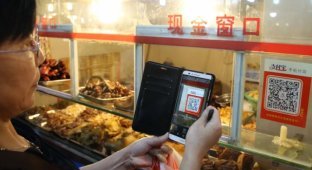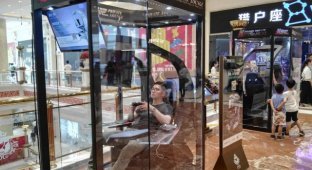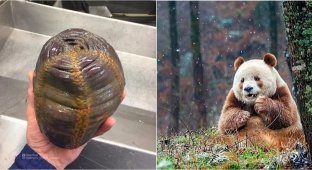China is a diverse and full of surprises, and there is always something new to discover. In this post you will learn interesting facts about the traditions and preferences of the inhabitants of the Middle Kingdom. 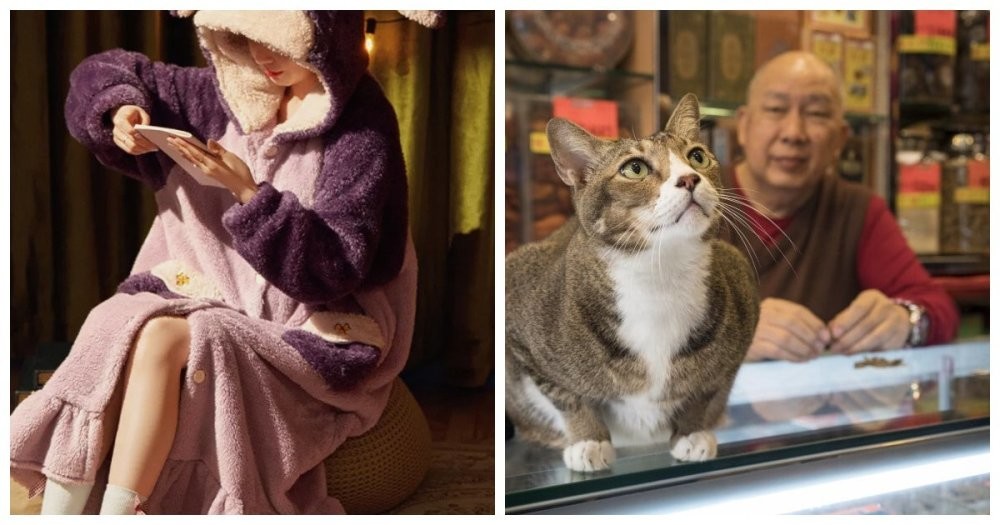
1. "High" nose 
In modern China, a “high” nose is in fashion, that is, a nose with a protruding bridge of the nose, or perhaps a hump. The Chinese generally attach great importance to the nose, since, according to popular belief, it is responsible for wealth. According to Chinese teaching, “If a person has a high nose, his chances of becoming an officer will be higher. A high, straight nose with a plump, fleshy tip gives a man a chance for a successful career as an official, and promises a woman a comfortable life. So, if they tell you that you have a big nose, then it is a compliment.
2. Happy plates 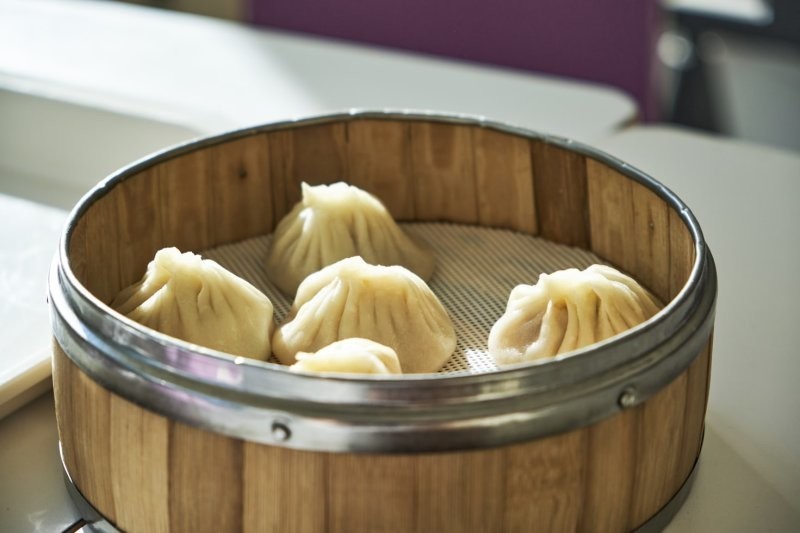
The Chinese believe that the more dumplings you eat on New Year's Day, the more money you will earn in the coming year, as their shape resembles silver bars, a symbol of wealth. Noodles are also served at New Year's dinner, symbolizing longevity. The ingredients have their own meaning: shrimp represents wealth and good fortune, fish represents prosperity, tofu represents family happiness, pork represents peace of mind, and eggs represent a large and healthy family.
3. Rolling oranges over the threshold 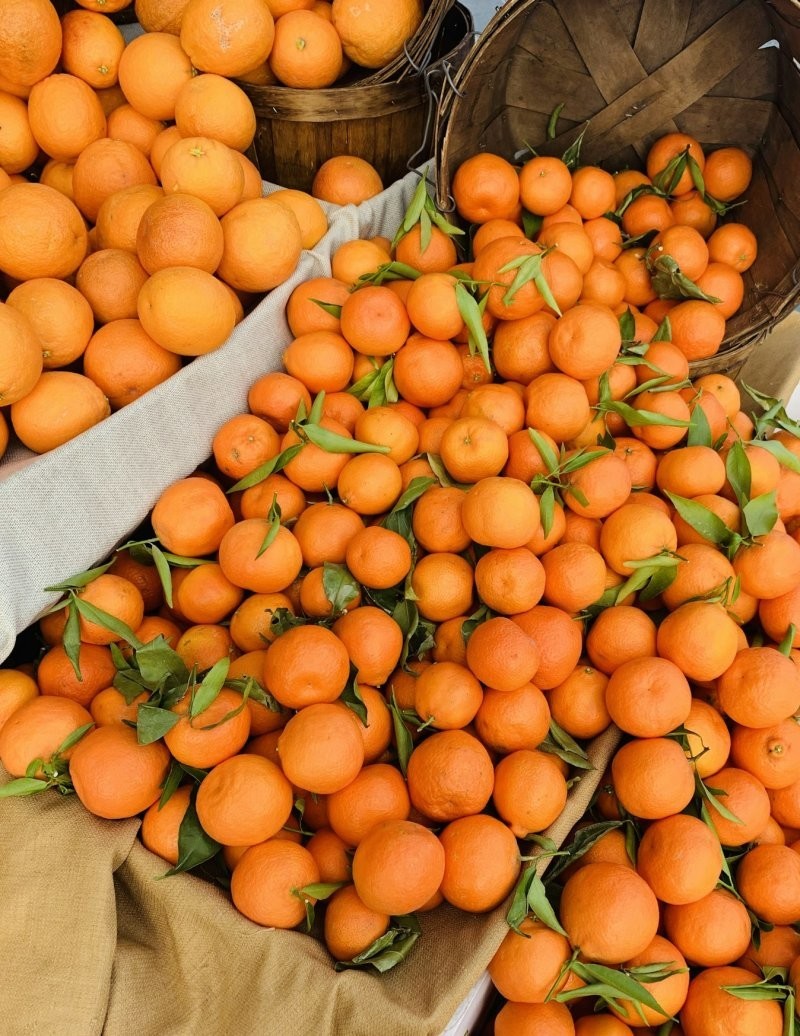
Oranges and tangerines are believed to bring good luck and prosperity. On New Year's Eve, there is a tradition of throwing oranges over the threshold to keep money flowing into the house all year round.
4. Cats are allowed in stores 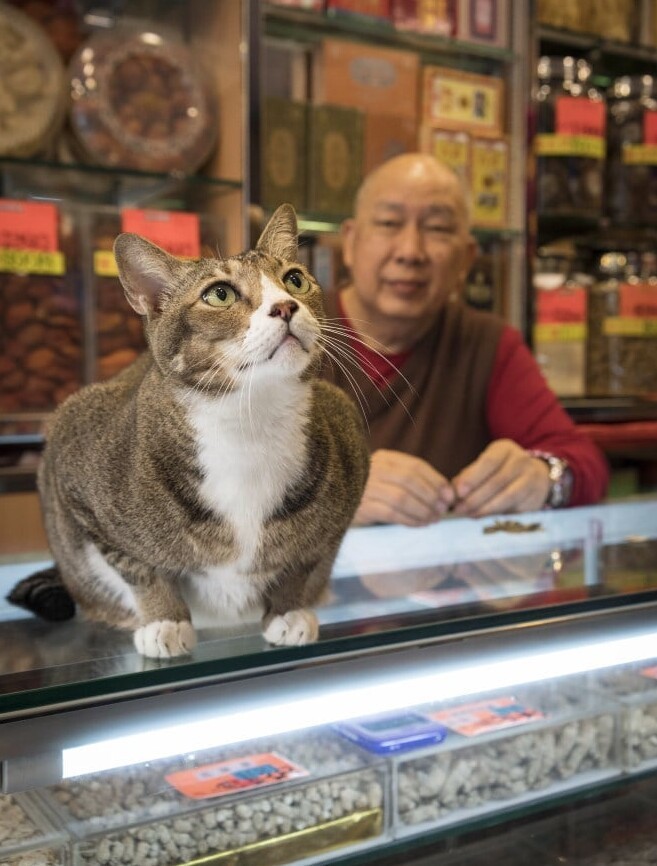
Dutch photographer Marcel Heijnen was delighted to discover that many small shops in China stocked cats. He took a series of photographs that went viral and even published a book about it.
5. Many Chinese wear pajamas 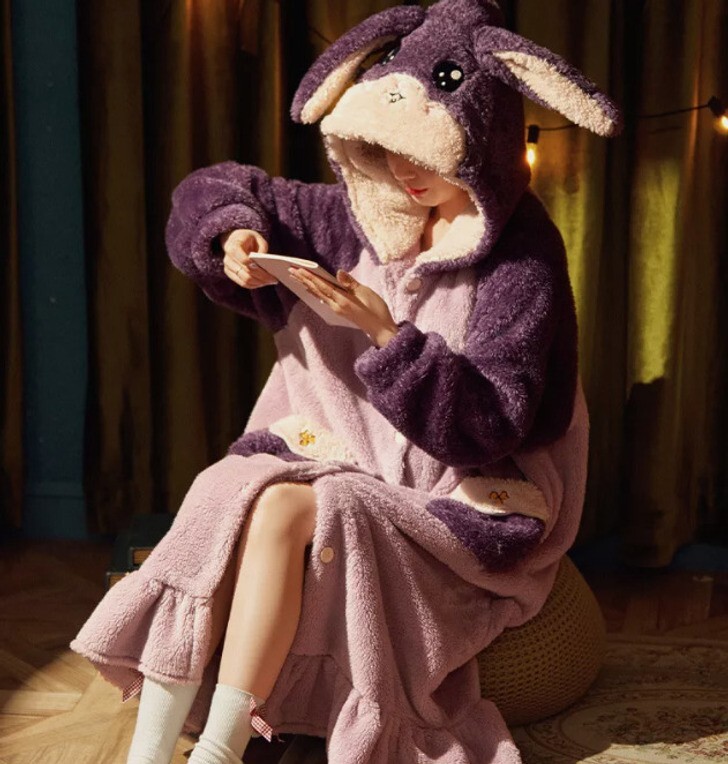
In China you can often meet people who wear pajamas not only to the store, but even to a cafe. They believe that, firstly, pajamas keep warm well in winter, and secondly, there is a historical aspect to this. At the beginning of the twentieth century, only the wealthiest residents could afford imported pajamas, making them a status symbol.
6. Various names for face shapes 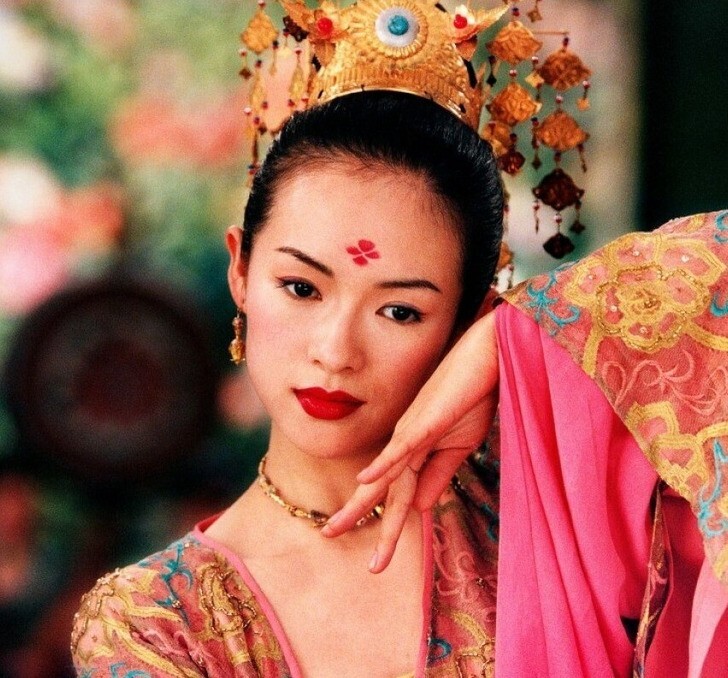
Unlike the Western classification of faces: square, triangular, oval, Chinese has a broader and more creative classification. The types of faces are called: “first love”, “frog”, “goose egg”, “catfish”, “pumpkin seed” and others. The “catfish-like” type face, considered the most seductive, is characterized by a large mouth, plump lips, and wide-set eyes. A “pumpkin seed” face refers to a small, oval face with pronounced cheekbones, a pointed chin, a high bridge of the nose, and large, round eyes with double eyelids.
7. Ballet in China 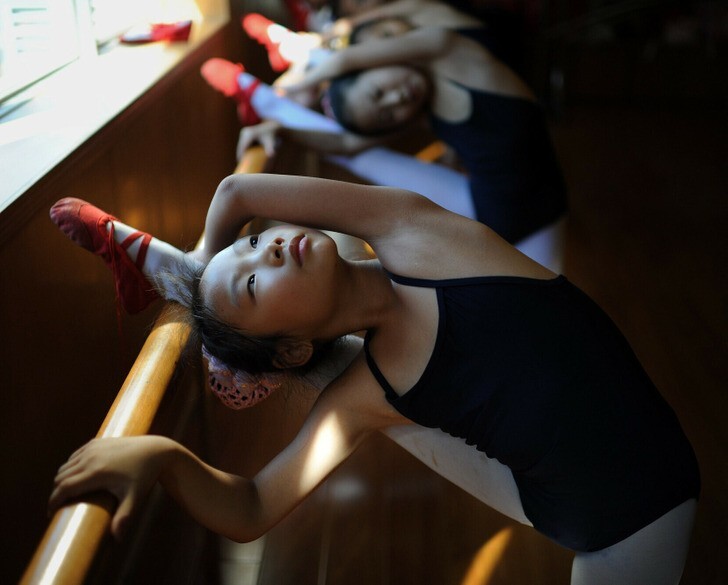
Ballet came to China in the twenties of the last century. The legendary ballerina Anna Pavlova played a decisive role in its popularization: her performance in Shanghai inspired the Chinese to send their daughters to ballet schools. Modern Chinese ballet incorporates traditional movements.
8. Rich cultural heritage 
China's tea culture is included in the UNESCO list of intangible cultural heritage. This includes both the collection of leaves and the art of brewing tea. The tea ceremony is an important part of social interaction in China and is even performed at weddings. China currently has 43 sites on the list of intangible cultural heritage, making it a world leader in this regard.
9. Love for free things 
The Chinese, like many people, love nothing more than receiving free things. For a simple cup or bag of rice, they are ready to stand in long lines and participate in the most absurd competitions! And this is not because people do not have money or there is a shortage of food in the country. This is the real passion of the Chinese! An example of this passion was a bank advertising campaign in Hubei Province. The bank put out a huge roll of toilet paper and asked customers to unroll as much as possible in 5 seconds. The video went viral and received 110 million views. Although the campaign was criticized by the public, it appears to have achieved its promotional goal.
10. It is almost impossible to find out the name of a Chinese person. 
You can ask a Chinese person where he works, how old he is, or even his marital status, anything you want, but not his name. At business meetings, people introduce themselves in the “position plus last name” format, and all employees do this: “This is our director, Mr. Lee.” It is not customary for the Chinese to call each other by name. One of the ancient philosophers of China named Meng Tzu once said: “Last names unite people, but a person’s name gives him individuality.” These words very well reflect the essence of the tradition. It is believed that each name is individual and if an evil spirit or demon can accidentally hear it, they will be able to harm a specific person.
Add your comment
You might be interested in:












